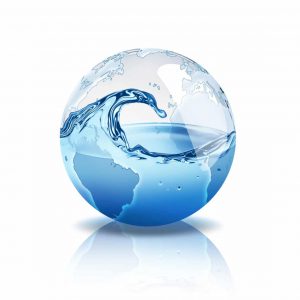Recognizing the Criticality of Water — and Water Professionals
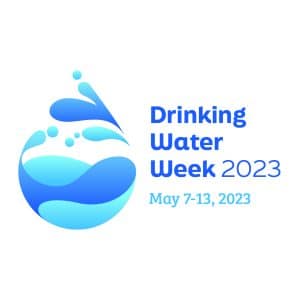 Every year during the first week of May, the American Water Works Association (AWWA) and members of the water community celebrate Drinking Water Week, a week-long campaign dedicated to educating the public about the critical role clean water plays in our daily lives.
Every year during the first week of May, the American Water Works Association (AWWA) and members of the water community celebrate Drinking Water Week, a week-long campaign dedicated to educating the public about the critical role clean water plays in our daily lives.
Drinking Water Week got its start in 1988 when the AWWA partnered with the League of Women Voters, the Association of State Drinking Water Administrators, and the U.S. Environmental Protection Agency to bring their mission to the attention of the U.S. Government. The outcome? President Ronald Reagan signed a joint congressional resolution and the annual, week-long educational movement has been a staple holiday within the water community ever since.
The (In)Accessibility of Clean Drinking Water
Water is our most vital and natural resource, and one of the four essential needs we as humans require in order to survive. Unfortunately, challenges surrounding our drinking water arise every day.
According to the World Health Organization (WHO), as of 2020, only 74% of the global population (5.8 billion people) had access to a safely managed drinking-water service, meaning clean drinking water was located on site, was fully accessible, and free from any contaminants.
What about the remaining 26% of people?
- 2 billion people had basic services, meaning they had access to an improved water source that was located within a 30 minute round trip;
- 282 million people had limited services, or an improved water source that took more than 30 minutes to collect;
- 368 million people drank water from unprotected wells and springs; and
- 122 million people, unfortunately, collected untreated water from lakes, ponds, rivers and streams.
By ingesting untreated water, people run the high risk of contracting deadly diseases, like cholera, dysentery, hepatitis A, typhoid, and polio (to name a few). What’s worse is that if people do not have access to clean drinking water, it also means that they do not have access to safe water for other sanitation reasons, like hand washing and cooking.
In 2010, the UN General Assembly explicitly recognized that access to clean water and sanitation was a basic human right. They ruled that every person on our planet has the right to sufficient, continuous, safe, acceptable, physically accessible and affordable water. At Tata & Howard, we stand by that.
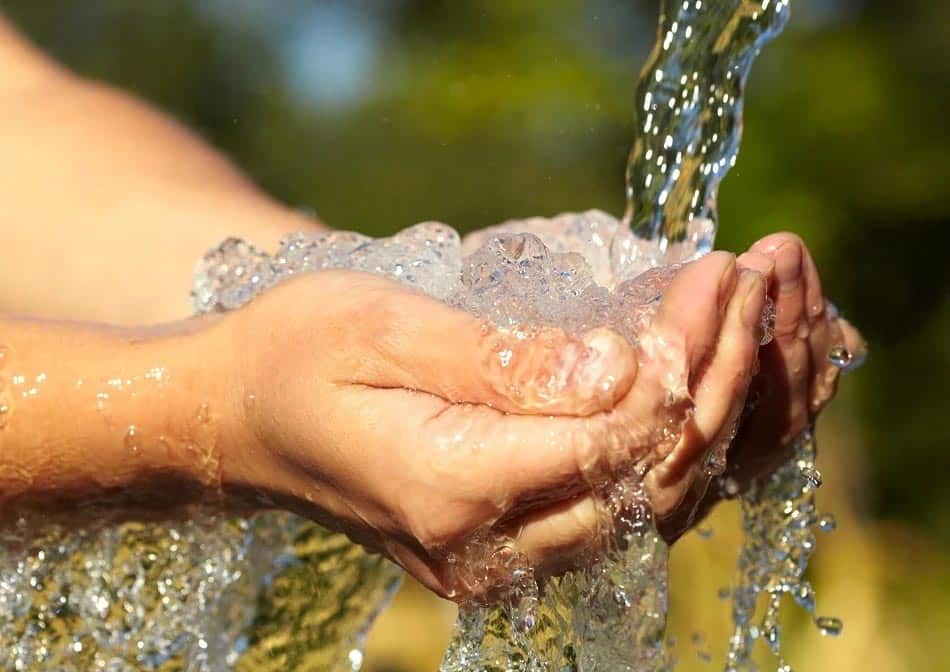
Our Role in Drinking Water Week
In the past, Tata & Howard, along with our wonderful partners, have joined the AWWA’s mission. And this year is no different. As global citizens, we recognize the criticality of clean drinking water and the life-sustaining role it plays in our day-to-day activities. As water engineers, we also recognize the importance of the infrastructure required to distribute it among citizens, and want to highlight the crucial work of water professionals.
Here’s how you can do your part during Drinking Water Week:
- Adopt-a-Hydrant Program: This program allows residents to “adopt” a local water hydrant of their choice and partner with their local fire department to keep fire hydrants clear of snow for the winter. This allows firefighters to swiftly access critical water supplies to be able to put out fires quickly. There are programs available for cities and towns all across Massachusetts.
- Further educate yourself on your local water system! Visit your local water works’ website to learn about the inner workings of your community water system and see what methods of disinfection and filtration are being used.
- Spread the word. Talk with your friends, family, coworkers, (anyone!) about their water supply concerns, educate them on how they can better use their own water supply, and teach them about the critical work of our water professionals.
- Circulate the AWWA’s press and news releases amongst your friends and family.
“Access to clean, safe drinking water is vital to our daily health, hygiene and hydration,” said American Water Works Association CEO David LaFrance. “Professionals in the water sector work tirelessly to ensure we have affordable access to the high-quality water we need to strengthen our everyday life and broader communities today and in the future.”
We couldn’t agree more. To learn more about Drinking Water Week, visit the AWWA website here.
About Drinking Water Week
For several decades, AWWA and its members have celebrated Drinking Water Week, a unique opportunity for both water professionals and the communities they serve to join together in recognizing the vital role water plays in daily lives. Free materials for download and additional information about Drinking Water Week are available on the Drinking Water Week webpage.

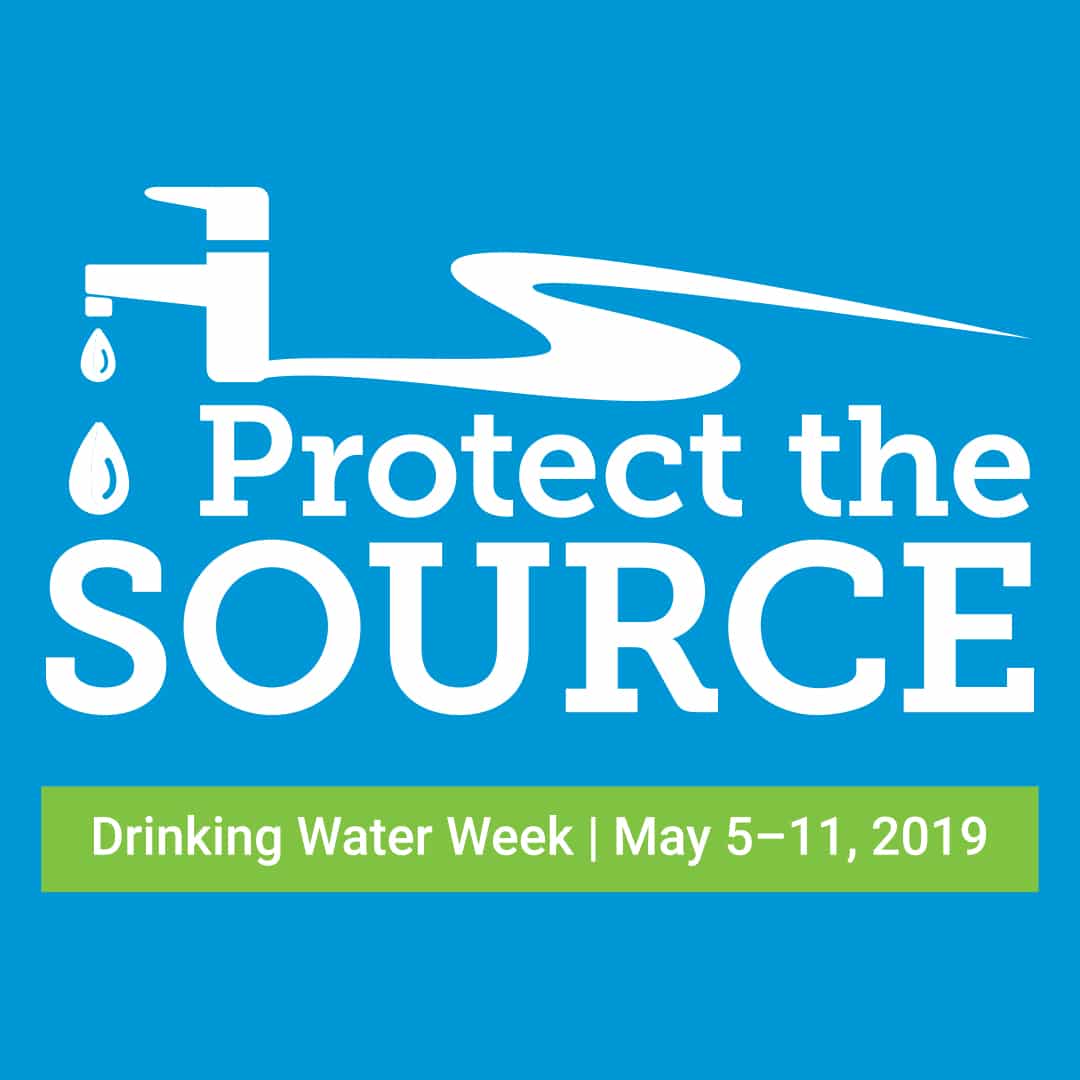
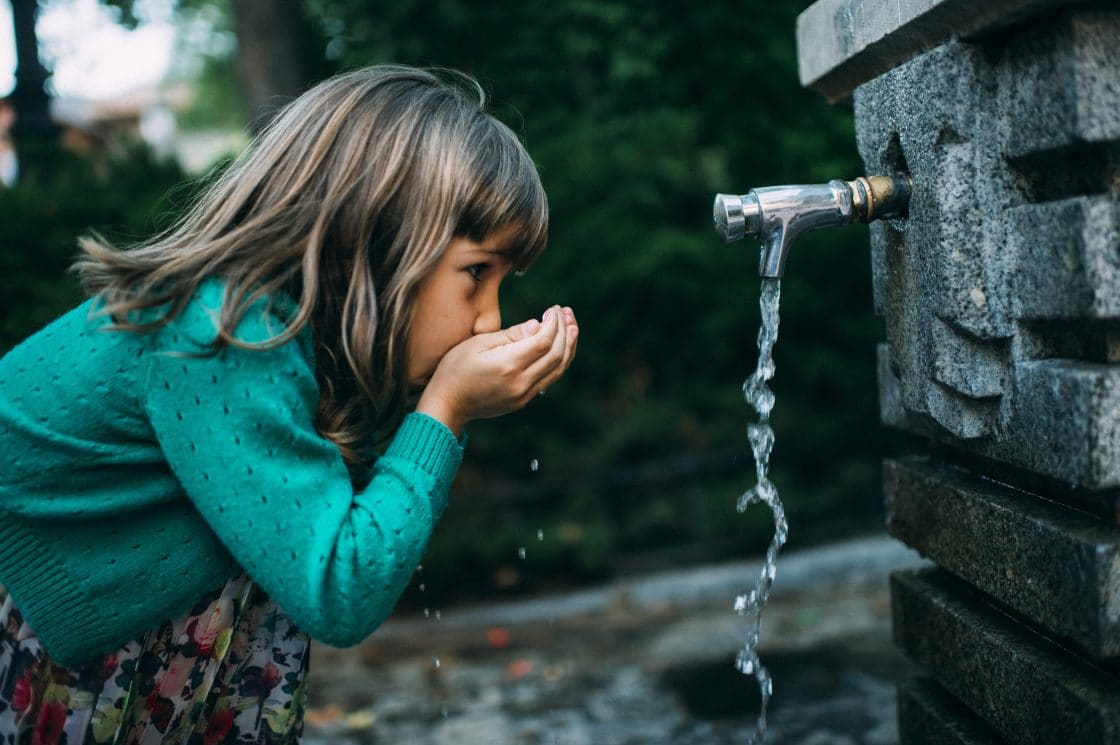

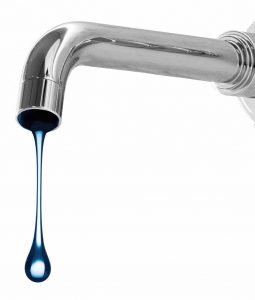 As Drinking Water Week continues, T&H joins the American Water Works Association and water professionals across North America in encouraging homeowners to check and fix leaks inside and outside the home.
As Drinking Water Week continues, T&H joins the American Water Works Association and water professionals across North America in encouraging homeowners to check and fix leaks inside and outside the home.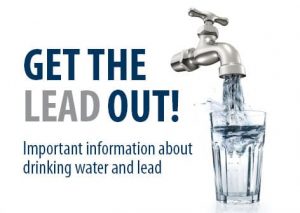 As Drinking Water Week continues, Tata & Howard joins the American Water Works Association and water professionals across North America in encouraging households to identify and replace lead-based water pipes and plumbing. Lead presents health concerns for people of all ages, particularly pregnant women, infants, and young children. In children, low exposure levels have been linked to learning disabilities, behavioral problems, and other issues.
As Drinking Water Week continues, Tata & Howard joins the American Water Works Association and water professionals across North America in encouraging households to identify and replace lead-based water pipes and plumbing. Lead presents health concerns for people of all ages, particularly pregnant women, infants, and young children. In children, low exposure levels have been linked to learning disabilities, behavioral problems, and other issues. Tata & Howard, the American Water Works Association (AWWA), and water professionals across North America are kicking off Drinking Water Week today with the theme “Your Water – To Know It Is To Love It”.
Tata & Howard, the American Water Works Association (AWWA), and water professionals across North America are kicking off Drinking Water Week today with the theme “Your Water – To Know It Is To Love It”.
